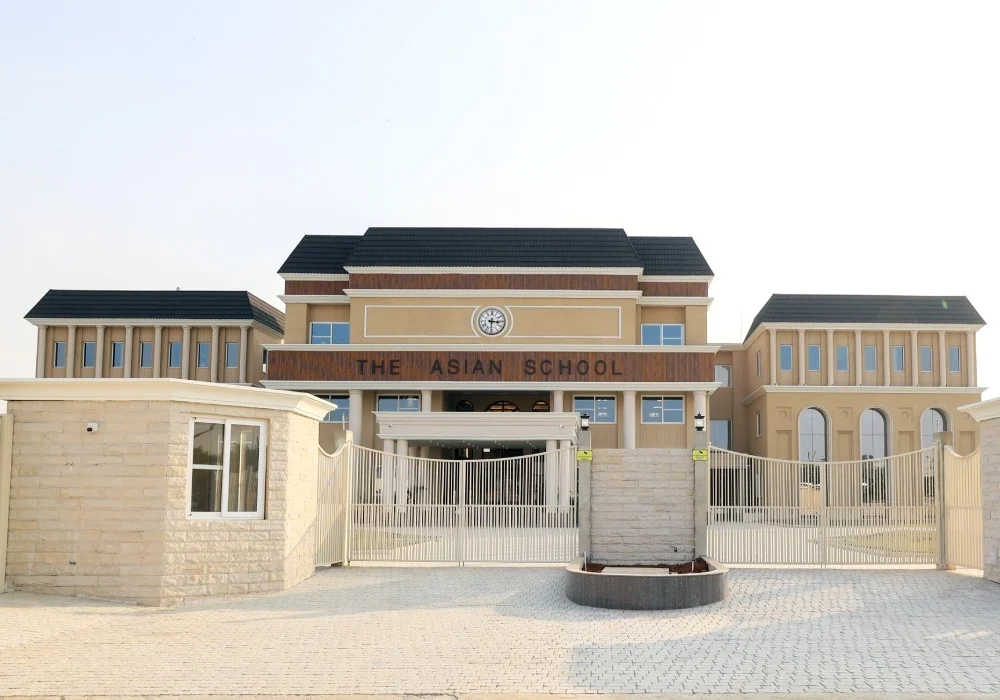Understanding the Educational Choices Available
Ludhiana, being one of Punjab’s largest educational hubs, offers a wide array of schooling options to cater to diverse academic needs and aspirations. Among these, three major educational boards—CBSE (Central Board of Secondary Education), ICSE (Indian Certificate of Secondary Education), and the Punjab State Education Board—dominate the landscape. Each of these boards comes with its unique curriculum, pedagogy, and examination pattern, prompting parents to carefully evaluate which system aligns best with their child’s learning style and future goals. Schools in Ludhiana affiliated with these boards provide different strengths, making this comparison vital for informed decision-making.
CBSE: National Reach with a Competitive Edge
CBSE is the most widely adopted board in Ludhiana, known for its structured and nationally standardized curriculum. Schools like DAV Public School, BCM Arya, and The Asian School Ludhiana follow this board. CBSE’s curriculum is designed with an emphasis on Science and Mathematics and is closely aligned with national competitive exams such as JEE, NEET, and CUET. The board also prioritizes conceptual learning and regular assessments to gauge student progress. For families that may relocate frequently or have ambitions of pursuing central university education, CBSE offers a seamless, future-ready pathway with wide acceptance.
ICSE: Holistic Curriculum with Global Relevance
ICSE-affiliated schools in Ludhiana, such as Ryan International School, offer a more expansive and language-rich curriculum. The ICSE board focuses equally on Science, Mathematics, Languages, and Humanities, promoting critical thinking and analytical writing. English is given particular weightage, making ICSE a preferred choice for students aiming for careers in literature, media, law, or international studies. While ICSE is often considered more challenging in terms of content volume and depth, it encourages a well-rounded academic development with greater emphasis on application and interpretation.
Punjab Board: Rooted in Regional Relevance
The Punjab State Board (PSEB) holds a strong presence in Ludhiana, especially among schools focused on regional outreach and affordability. It emphasizes Punjabi culture, history, and language, making it a culturally grounded option. The syllabus is designed in accordance with local needs, and the affordability of PSEB schools makes them accessible to a wider population. For students planning to pursue education or employment within Punjab, the board offers adequate preparation. However, those aiming for national competitive exams or global careers might find the curriculum comparatively limited in scope.
Medium of Instruction and Language Priorities
Language of instruction often plays a significant role in board selection. CBSE and ICSE primarily use English, which enhances communication skills and opens doors to international opportunities. ICSE, in particular, has a strong emphasis on literary proficiency. Punjab Board schools typically offer Punjabi or Hindi as the medium of instruction, with English taught as a second language. This makes CBSE and ICSE better suited for students who wish to pursue careers where English fluency is a key asset.
Assessment Patterns and Academic Pressure
CBSE follows a continuous and comprehensive evaluation system that includes internal assessments, practicals, and board examinations, reducing the pressure of one-time exams. ICSE, on the other hand, assesses students through detailed project work and a broad array of subjects, which can be demanding but also enriching. Punjab Board exams tend to focus more on memory-based assessments, with fewer application-oriented questions. For students who prefer structured academic progression with balanced assessments, CBSE offers the most accessible format. ICSE is ideal for self-motivated learners, while Punjab Board suits those seeking simplicity and regional alignment.
Subject Choices and Flexibility
ICSE offers the most diverse subject combinations, including electives in arts, commerce, and even environmental education. CBSE also offers flexibility, especially in higher classes, with subjects like entrepreneurship, AI, and physical education. Punjab Board tends to have a more traditional subject lineup with fewer interdisciplinary options. If a student is inclined toward niche subjects or a liberal arts education, ICSE may be the right fit. For STEM-oriented students or those preparing for standardized exams, CBSE is often preferred.
Affordability and Accessibility
CBSE and ICSE schools generally have higher tuition fees due to their infrastructure, resources, and quality of instruction. ICSE schools, in particular, are considered premium due to their advanced coursework and English-medium instruction. Punjab Board schools are significantly more affordable and accessible to middle- and lower-income families. In Ludhiana, where economic diversity is considerable, the Punjab Board remains a valuable choice for many families looking for quality education within budget.
Recognition and Mobility
CBSE enjoys widespread recognition across India and is accepted by all central and state universities, as well as international institutions. ICSE also holds global recognition and is respected by foreign universities for its depth. Punjab Board is primarily recognized within the state and may require additional qualifications or certifications for national and international mobility. Thus, families considering higher education abroad often choose CBSE or ICSE over the Punjab Board.
The choice between CBSE, ICSE, and Punjab Board ultimately depends on a child’s aptitude, interests, and long-term goals. While CBSE schools in Ludhiana are ideal for competitive exam preparation and national mobility, ICSE institutions offer a rich, holistic academic experience with global relevance. Punjab Board schools provide a culturally grounded and cost-effective option for regional aspirations. By understanding the strengths and limitations of each board, parents in Ludhiana can select the educational path that aligns best with their vision for their child’s future.





